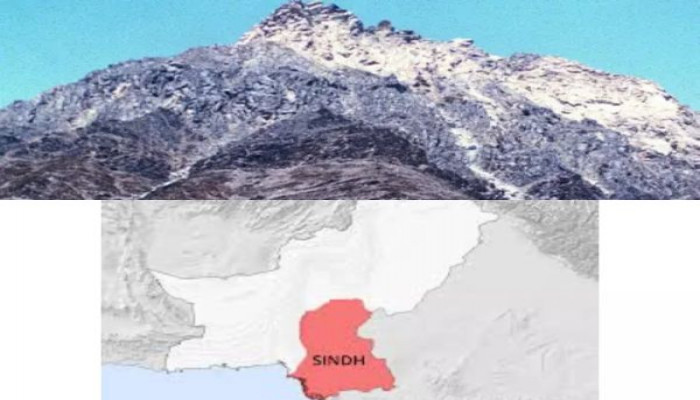Sindhi civil society groups urge UN to probe alleged nuclear tunnels in Pakistan’s Sindh Province
- In Reports
- 08:13 PM, Nov 05, 2025
- Myind Staff
A coalition of Sindhi civil society groups and the Sindhudesh movement has raised global concern over what they describe as secret nuclear-related activities taking place in remote mountain regions of Pakistan’s Sindh province.
In a formal letter to the United Nations Secretary General, the International Atomic Energy Agency (IAEA), the UN Office for Disarmament Affairs, and the Office of the UN High Commissioner for Human Rights, the groups claimed that several underground tunnels and chamber systems had been built in areas north of Jamshoro near Noriabad, around Kambar Shahdadkot, and west of Manchar Lake. The letter was shared publicly by Shafi Burfat, Chairman of Jeay Sindh Muttahida Mahaz, on his official X account.
According to the letter, these tunnels are said to be under heavy military secrecy, with restricted access and ongoing construction work. The groups alleged that the sites could be used to store nuclear material or carry out related activities. They warned that if such materials were indeed being kept there, it could lead to radioactive contamination, environmental destruction, and violations of international nuclear safety and non-proliferation rules.
The groups appealed for immediate international verification, saying their purpose was not to create political tension but to ensure transparency, protect civilians, and safeguard the environment. They urged the IAEA to examine if the matter comes under its mandate and, if required, send experts to carry out on-site inspections.
The letter also called on the UN Secretary General to set up an independent and impartial fact-finding mission in coordination with UN agencies to establish credible facts. It suggested that bodies like the OHCHR and UNEP conduct parallel assessments to study possible risks to water sources, agriculture, biodiversity, and public health.
The petition emphasised the need for safe channels through which evidence like photographs, maps, and witness accounts could be shared, while protecting those who provide information from threats or retaliation. It also asked for precautionary guidance for nearby residents and emergency plans in case of a radiation incident.
The letter concluded that transparency and accountability after verification would be essential to counter misinformation, reassure the international community, and take corrective action if needed.







Comments